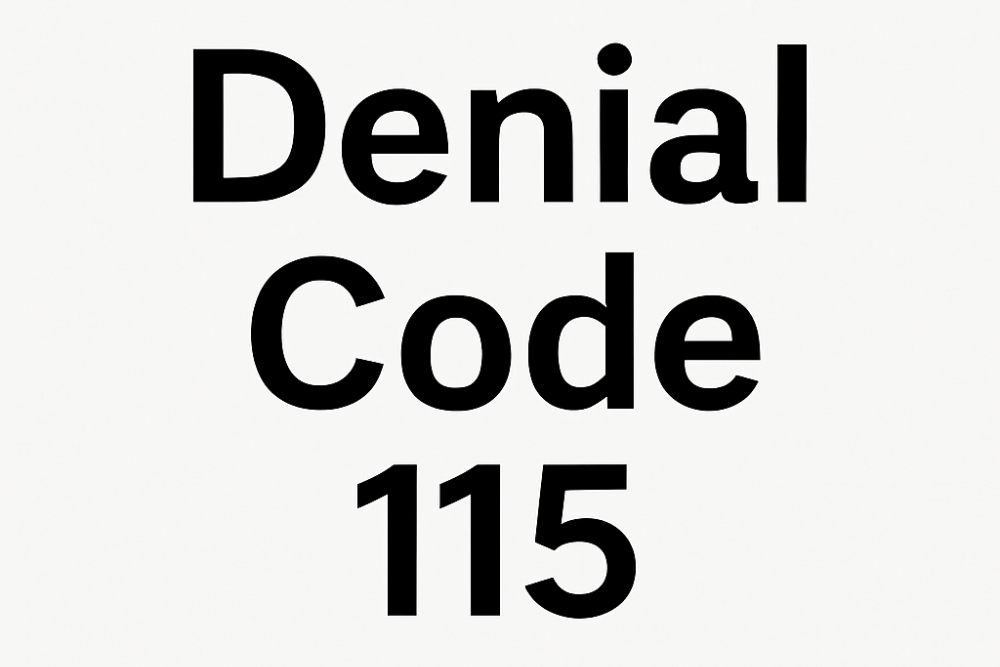Denial Code 115 is a common challenge for healthcare providers, triggered when a procedure is postponed, canceled, or delayed—resulting in denied claims and lost revenue. Tackling this issue starts with understanding the root causes and taking action with effective, preventive strategies.
What Causes Denial Code 115?
Denial 115 often stems from a mix of issues across patients, providers, payers, and facilities:
Patient-Related:
- Missed appointments or personal emergencies
- Pre-procedure instructions not followed
- Financial barriers like unpaid deductibles or co-pays
Provider-Related:
- Double-booked schedules or human error
- Medical necessity not clearly documented
- Delays in preparatory tests or evaluations
Insurance & Authorization Issues:
- Lack of timely prior authorization
- Procedure not covered under the plan
Facility Issues:
- Technical failures, staffing shortages, or environmental disruptions
5 Powerful Strategies to Avoid Denial Code 115
1. Get Pre-Authorization Right
Ensure prior approvals are obtained on time, documented, and verified before any procedure.
2. Communicate Clearly
Notify patients of appointments, expectations, and potential issues early. Use reminders and follow-ups.
3. Strengthen Documentation
Capture every interaction, delay, and reason for changes. Accurate records can save your claim.
4. Optimize Scheduling
Use digital tools to reduce no-shows and conflicts. Real-time scheduling minimizes downtime and disruptions.
5. Manage Risks Proactively
Anticipate what could go wrong. Build protocols for last-minute cancellations and rescheduling.
Need Help Reducing Denials?
Don’t let Denial Code 115 eat into your bottom line. At Claims Med, our revenue cycle management experts offer customized billing solutions that reduce denials and improve collections.
✅ Ready to simplify your claims process?
👉 Visit Claims Med for more expert resources, guides, and hands-on support.

